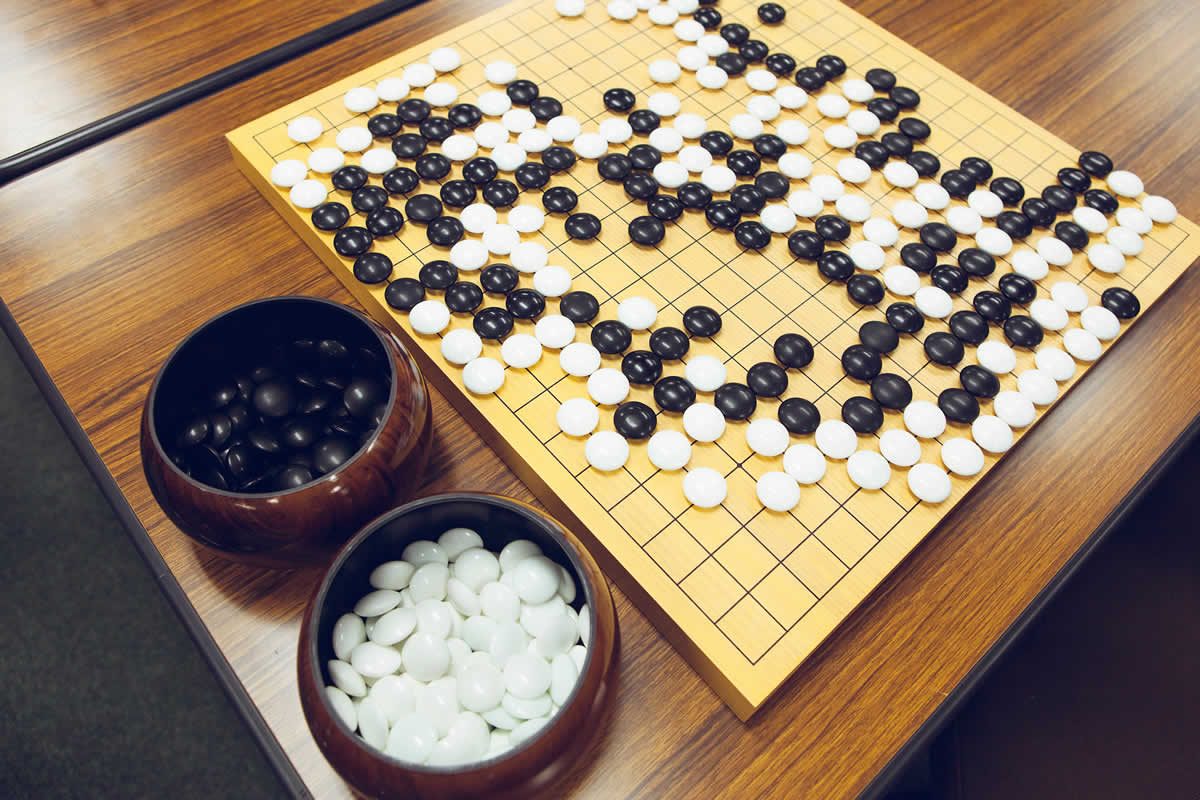blog
Fuseki
I first began playing Go while still in college. This strategic game of domination begins with a few black and white stones and a gridded board. Its origins have been traced to the Far East, and is among the most ancient board games known to man. The game begins while the board is still empty, it’s emptiness an allusion to the universe. Then, one by one, each side begins placing its tokens on the board. At the end of the game, whoever dominates a larger portion of the board wins. The first moves of the game are referred to as “Fuseki,” and it’s with these first fuseki that each side begins to reveal its strategy. Generally, however, while more experienced players will try to remain aware of the board in its entirety, newer players will often take a more ambitious, what could even be called narrow-minded, approach to the game.
Every Sunday a group of players and I would attend a weekly lesson from a Japanese Go master. I now realize just how lucky we were to have had such a talented teacher so early on. While playing against him one such Sunday, after the first few fuseki, my attention became hinged on a single corner of the board. I focused my attention and the majority of my moves on that one corner, and was eventually successful winning it over. Unfortunately, when I finally looked up for a moment to take in the entire board, I realized that nearly everything else had been taken by my opponent. In order to dominate a single corner, I had given up the rest of the board. There it occurred to me that if I would have given every corner equal attention, I might just have taken them all.
Focusing all of your attention on a single point can lead to an excessive desire for success, and therefore too much ambition, while also disproportionally orienting the mind towards the future. “Once I’ve accomplished this, everything will be much better.” Such patterns of thinking are circular and have no end. In addition, such narrow, restrictive thinking can also be detrimental to the practice of yoga. By establishing an intimate bond with the body, through yoga we work to counter such patterns, and develop a broader awareness of the entire body. While the body may often only be distinguishable as fragments or parts, performing yoga fosters the ability to perceive these parts integrally, as a whole. These parts do not become one; they are already fractions of the whole. Perception simply expands. Every part of the body begins to be felt at a single moment. Thus, the body simply functions as an agent, opening the door for a broader perspective on life. What were once perceived as dichotomies such as “them vs. I”, “now vs. later” or “enough vs. more,” begin to be seen as simply different parts of the same whole. And with such a realization comes a natural sense of relief.
We all live with the dream that happiness is just a step away. In life, just like on the Go playing board, when we narrow our focus, we sometimes fail to see what we’re giving up in return for an acquisition and vice versa. However, in reality the ability to see the broader picture is in our very hands.



